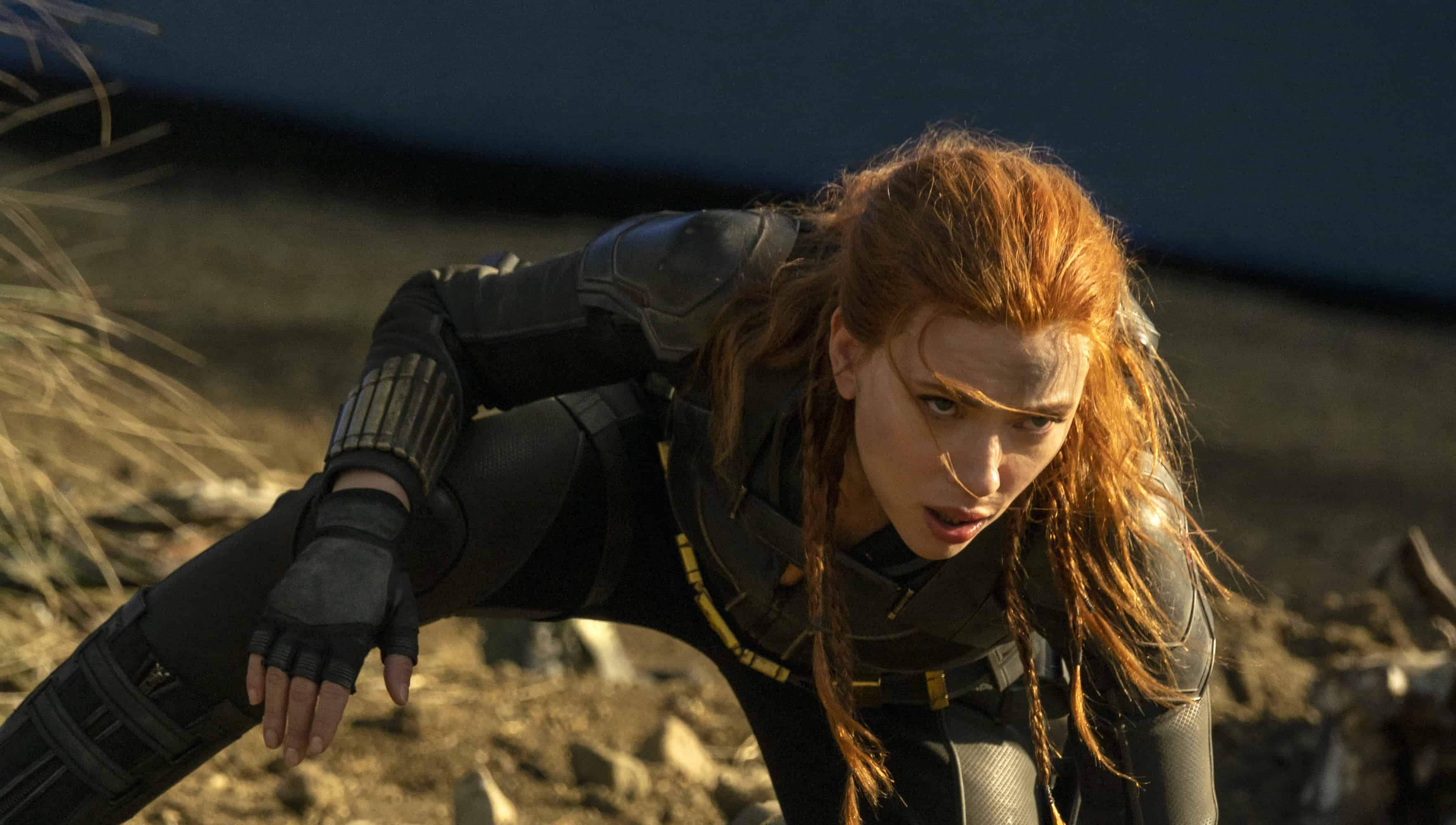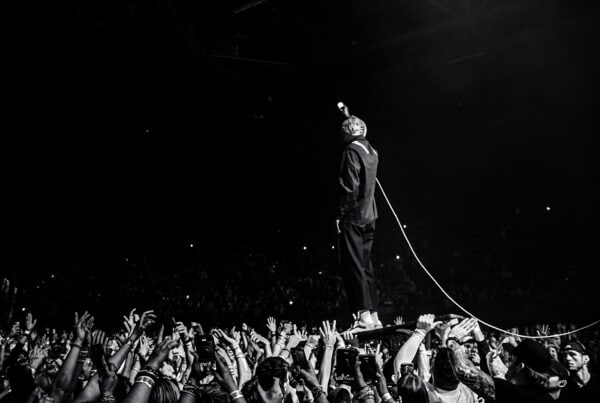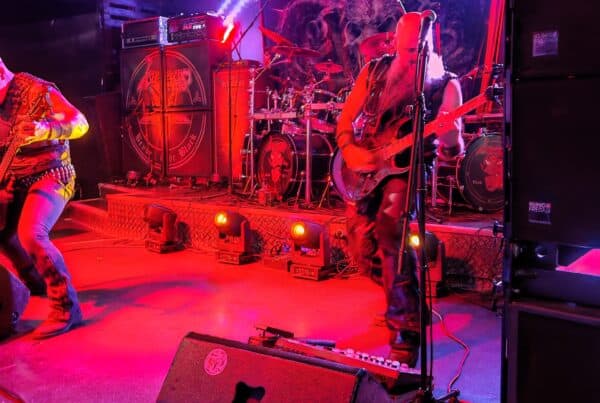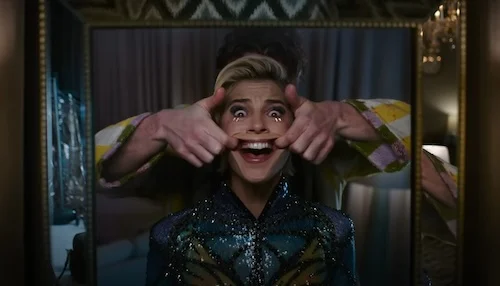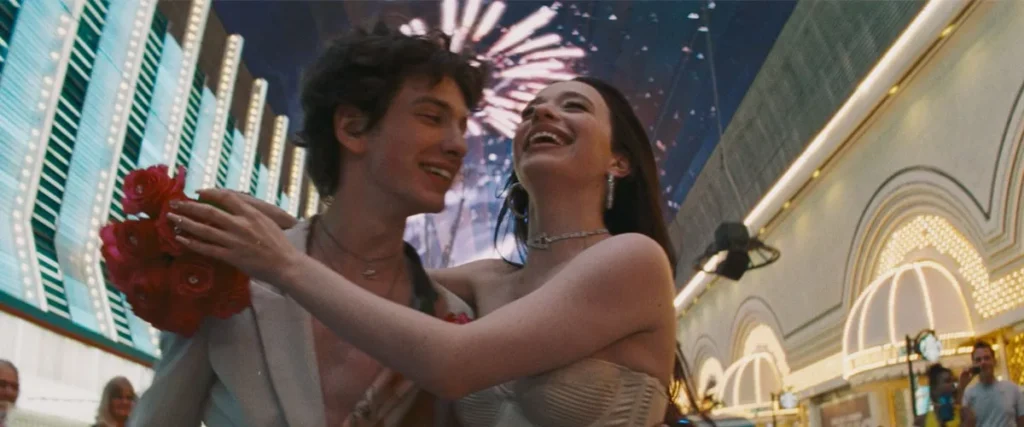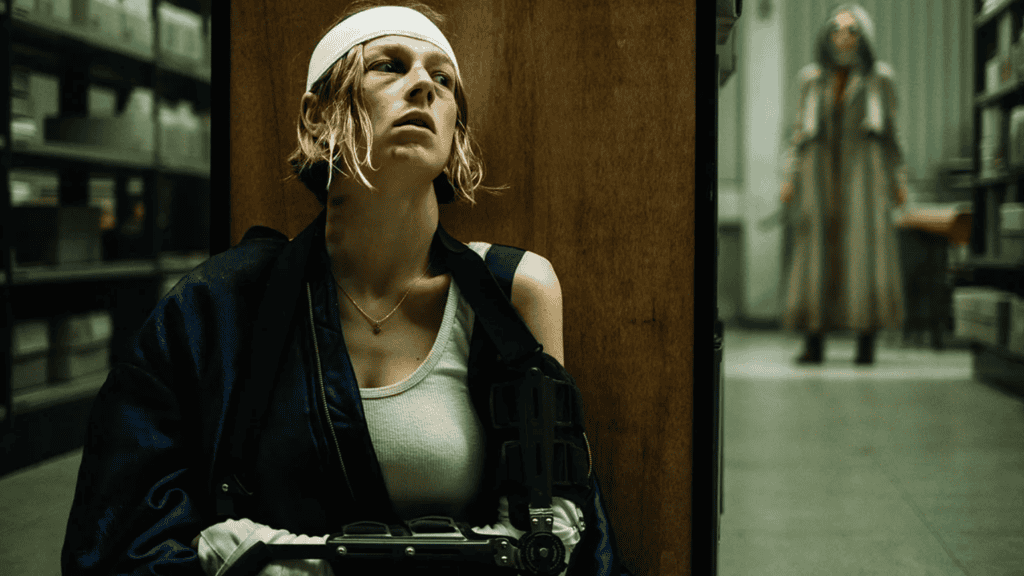This review/essay contains allusions and references to SPOILERS.
Here’s a surprising turn-up for the books. The newest entry in the Marvel Cinematic Universe is, get this… very good.
Facetious though that opening may be, the positivity which can be found underneath the layers of snark is nothing less than sincere. Black Widow, the new (24th) Marvel movie, is very good. For all of their flaws and constraints, and we’ll get to those, Marvel Studios really do have crowdpleasing blockbuster entertainment down to a science at this point, and I don’t mean that as the backhanded compliment it likely reads as. Making one really fun, really enjoyable, really solidly-constructed slice of blockbuster entertainment is really hard, yo! To be able to consistently pump out B+ fun-times that are so effortlessly re-watchable and lacking in majorly egregious missteps, like Marvel can and does and will seemingly continue to do until the heat death of the universe, is not only commendable but also its own magic trick. Even the weakest entries – which, in this writer’s opinion, are Iron Man 3, Thor: The Dark World, and Avengers: Infinity War – are cromulent enough viewing experiences with a few standout sequences of Marvel magic.
So, no, it’s no surprise and no insult that the newest Marvel movie is very good. Just like it’s also no surprise and no insult that Black Widow is very good for much the same reasons that almost all Marvel movies are very good. The action scenes are fun and entertaining, as one would expect from the most locked-in second-unit team in the biz. The first throwdown between Natasha Romanoff (Scarlett Johansson) and Taskmaster is a flame-lit, visceral affair that sets the stage for the decidedly more intense and brutal-than-average-for-MCU fights found elsewhere. There’s a fun as hell chase sequence through Budapest with an engrossing sense of kineticism and escalation. And even when the final third starts to devolve into the usual heavily-pre-vis’d Marvel conclusion, there’s a great one vs many brawl between Natasha and the brainwashed Widow trainees with some surprisingly impactful hits (more on why they’re surprising in a bit).
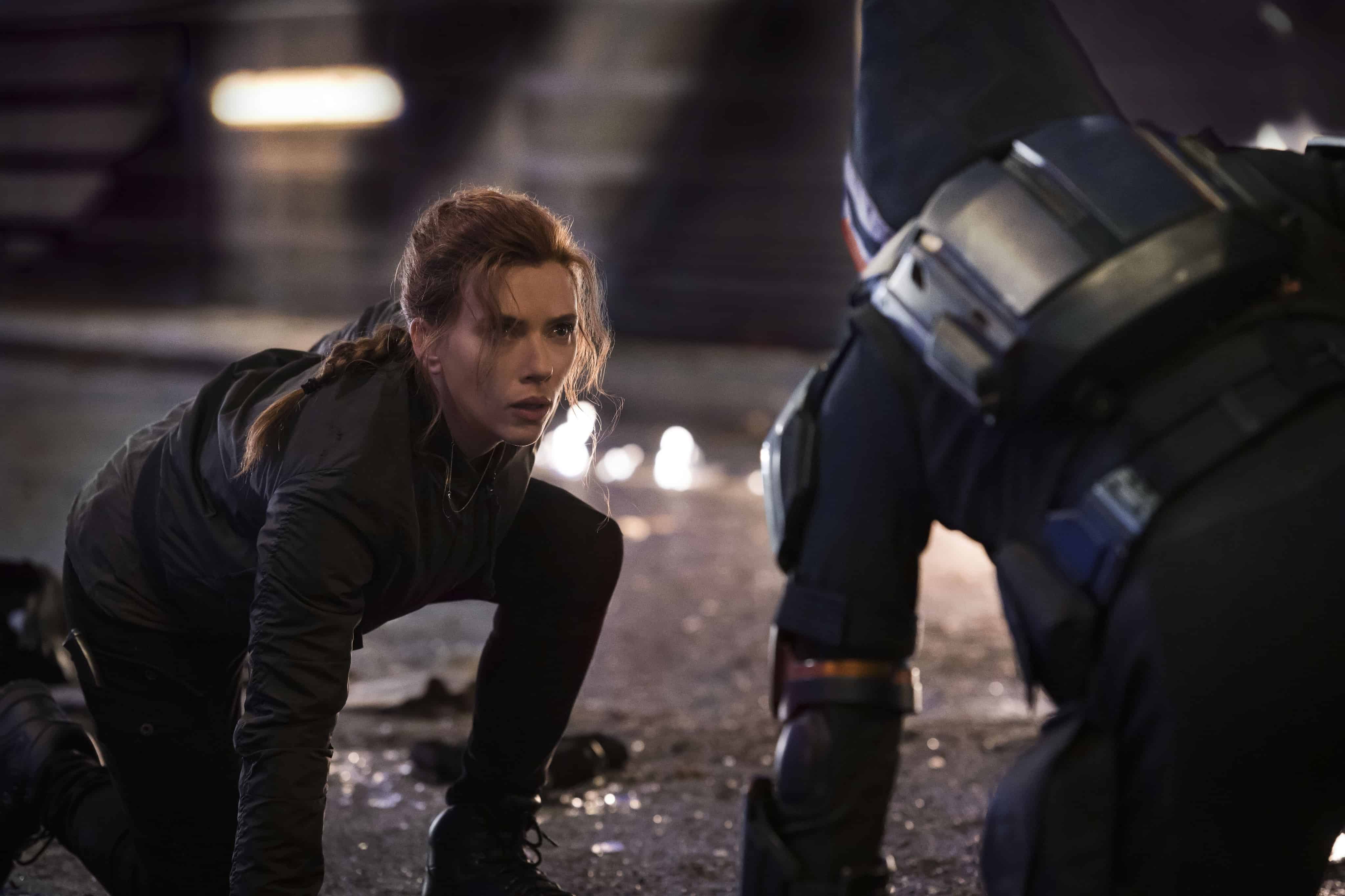
Photo by Jay Maidment. ©Marvel Studios 2021. All Rights Reserved.
As per usual, the cast of characters by and large make distinctive impressions and are really enjoyable to spend time with. Admittedly, this one is a little surprising given that, kinda notoriously, Natasha never really had a consistently-defined character in the MCU up to this point, just sorta being moulded like female Silly Putty into whichever role the movie she was currently appearing in needed her to fill and expecting Johansson to fill in the cypher with her buckets of undeniable screen charisma. So, Marvel veteran Eric Pearson’s screenplay (working from a story by Ned Benson and other MCU veteran Jac Schaeffer) effectively has to retroactively cohere all of these different inter-series depictions of Natasha whilst also providing the character with the depth that the series so far hasn’t really. I’m not quite sure he’s able to fully pull it off, mainly because to be perfectly honest I don’t think anybody could sufficiently pull off this task, but he gets closer than I’d expected going in; positioning Natasha as a traumatised survivor of abuse and a broken (fake) household reticent to give herself over to anyone again for fear of losing another family and guilt-riddled over some of the things she had to do to survive. It works enough to make the drama affecting, even if it doesn’t go as far as it should (more on that in a bit).
That said, the film’s almost stolen from her by the supporting cast, particularly Florence Pugh’s Yelena. She instantly demarcates herself from Natasha through a drive and self-confidence that the latter lacks at this point in the timeline – Black Widow, lest we forget, being an interquel set between Civil and Infinity War where Natasha and (a non-featured) Steve Rogers are the only fugitive Avengers still not caught. But Yelena also has a slightly-teenaged sense of attitude and glee to her work which is pretty infectious and distinctive to other similarly-aged Marvel heroes; the kind of spy who sees an avalanche barrelling towards her helicopter and with wide-eyed sincerity marks “this’d be a really cool way to die.” Pugh, one of our fastest-rising stars who has just been killing it in everything up to this point, was born for a star-power role such as this but she also gets to bring a surprising amount of the emotional rawness from roles in Midsommar and Little Women during a pivotal character stretch at a farm house which is easily the most moving part of the whole movie.
So, a Marvel film has fun action, strong characters, just affecting enough drama for the big beats to land mostly as intended, and great performances – in addition to Pugh, David Harbour also runs his own campaign to steal the movie out from under Johansson with a delirious sad-clown turn as Alexei/Red Guardian. In other news: fish swim, birds fly, and Boris Johnson is a cunt. Like I said at the start, this is all pretty much a given when it comes to Marvel movies. Now here comes another surprising turn-up for the books. The very good new Marvel movie is, get this… fundamentally hobbled from being truly great by the rigidly-enforced brand.
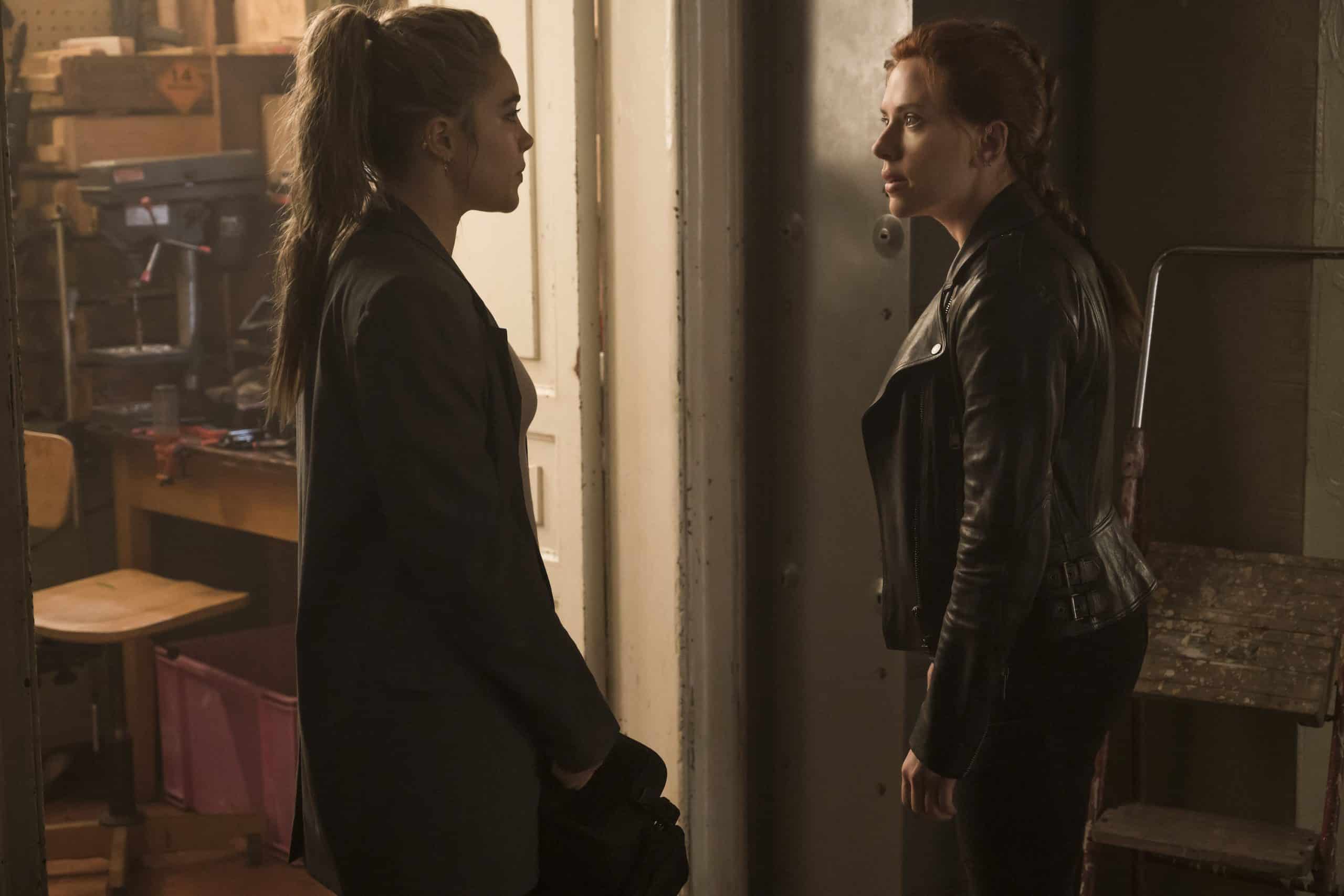
Photo by Jay Maidment. ©Marvel Studios 2020. All Rights Reserved.
And I’m not talking about how a specific auteur and story identity eventually gets drowned out by the standard Marvel third-act setpiece miasma, either, although in this case that’s a symptom rather than the underlying fault. Black Widow is hobbled from being the truly great movie I can see it has the bones of largely because, at almost every turn, the edges and uncharacteristically dark and heavy avenues that the film wants to go down have been sanded off in enforced subservience to the 12a/PG-13 four-quadrant family blockbuster which is the Marvel brand. A lot of the film’s more unique strengths and strongest passages can be found when everyone gets to lean in to the mature and uncomfortable truth of its story, so the fact that they can’t be seen through fully due to The Brand ends up being frustrating even if it’s understandable. And, frankly, this is far more interesting to talk about than rehashing the same positives one can find in most every Marvel movie. So, let’s talk about them.
For all the confused eyebrow raises her appointment initially caused in Film Nerd circles, it does not take very long for viewers familiar with her work to see why director Cate Shortland chose to take on Black Widow. There’s a lot more Berlin Syndrome in Widow’s DNA than there is Bourne or, in MCU comparisons, Captain America: The Winter Soldier. Shortland’s Berlin, her film prior to this, was a psychological thriller utilising tense genre filmmaking to examine misogyny; physical, mental, and sexual predatory abuse of young women; and the gleeful dehumanising disassociation abusive men utilise to justify their actions. Shockingly, these are all things that the first forty minutes of Black Widow tackle head-on even whilst serving up a steady stream of action beats.
Our opening origin story flashback finds child Natasha and Yelena as undercover Soviet spies in America with fake-parents Alexei and Melina (Rachel Weisz), forced to escape once their cover is blown and the children effectively sold into the child soldier Black Widow programme by Alexei once they reach Cuba, headed up by the truly despicable General Dreykov (Ray Winstone who makes the absolute most of his limited screentime as one of the if not the most hateful MCU villain so far). Years pass, Natasha gets out and becomes an Avenger, then gets a coded message from Yelena whilst in hiding which reunites the two fake-sisters under a common goal. Dreykov, whom Natasha thought she’d previously assassinated during her ethically-questionable defection to S.H.I.E.L.D., is still alive and has built up an army of mind-controlled Widows with which he wants to control the world. Yelena breaks free of the mind-control at the film’s start, so her and Natasha go searching for the Red Room facility the Widows call their home base in order to free the indoctrinated Widows, shut down the programme, and kill Dreykov.

Photo by Adrienn Szabo. ©Marvel Studios 2021. All Rights Reserved.
Resultantly, the opening act of Black Widow directly grapples with some really dark and uncomfortable themes for a rollicking 12a/PG-13 family-friendly blockbuster. Child exploitation and specifically the exploitation of young girls. The all-consuming control of psychological and physical abuse, difficulty in breaking through to those under its sway, and lingering trauma of their effects both acknowledged and not. The ugly and murky morals of spy work; we are finally shown what exactly Natasha truly considers the red in her ledger and both it and her clearly not-working attempts to compartmentalise it to herself frankly push that 12a/PG-13 rating to its absolute limits. Perhaps the most effective evocation of this heavier thematic ground comes during the Budapest chase, where Natasha watches as an injured Widow she wants to try and help is forced by Draykov’s mind-control to shoot herself in the head. Shortland’s surprisingly lurid thriller direction, Gabriel Beristain’s slightly washed-out and tightly-framed cinematography, and Johansson’s simultaneously unsurprised yet quietly shellshocked performance making for a shocking though not exploitative beat.
So that’s why it’s not surprising yet still disappointing that the film has to backpedal from fully exploring these things almost immediately after Natasha and Yelena team-up to bust Alexei out of prison. Marvel movies often run into this unfortunate trap of wanting to explore darker, heavier and somewhat self-critical topics but are fundamentally unable to follow them through to their satisfying end-point because to do so would either be to argue against their own existence (as in Civil War) or have to marry themselves to true, messy, long-term consequences which don’t go down so easy in four-quadrant blockbuster entertainment. There’s a very good reason why, despite the series never actually falling off all that much, the last two Hunger Games movies didn’t conquer the cultural conversation the slightly-less-bleak first two did. You send the audiences home happy or at least satisfied in the clear direction of what’s to come next. (It’s telling that even the one time when Marvel did try to subvert that expectation, with the cliffhanger of Infinity War, they did so in a way which fuelled speculative conversation instead of hopelessness and left more attendant viewers with the implicit assurance that things’ll work out in the end cos, y’know, future Spider-Man and Black Panther movies.)
To give credit to Shortland and her team, they do still try and leave their imprint on the more comical-second and more Marvel Template-third acts. Even though, or arguably because, it is played as a joke, the film’s forthright addressing of the Widow programme’s enforced sterilization process of its unwilling recruits is refreshing and a damn-sight better than Age of Ultron’s bungled attempt at tragedy with it six years ago. The borderline sitcom-y dynamic which ensues between the reunited “family” near the end of the second act gives way to the aforementioned emotional rawness of Pugh’s Yelena dropping her guard when presented with the possibility of her happiest years being rekindled in spite of their being built upon the foundation of a lie. Taskmaster, meanwhile, gets an entirely new identity and backstory from the comics, which opens up a massive can of worms for Natasha both dramatically and thematically and should have made for a fascinating concluding stretch…
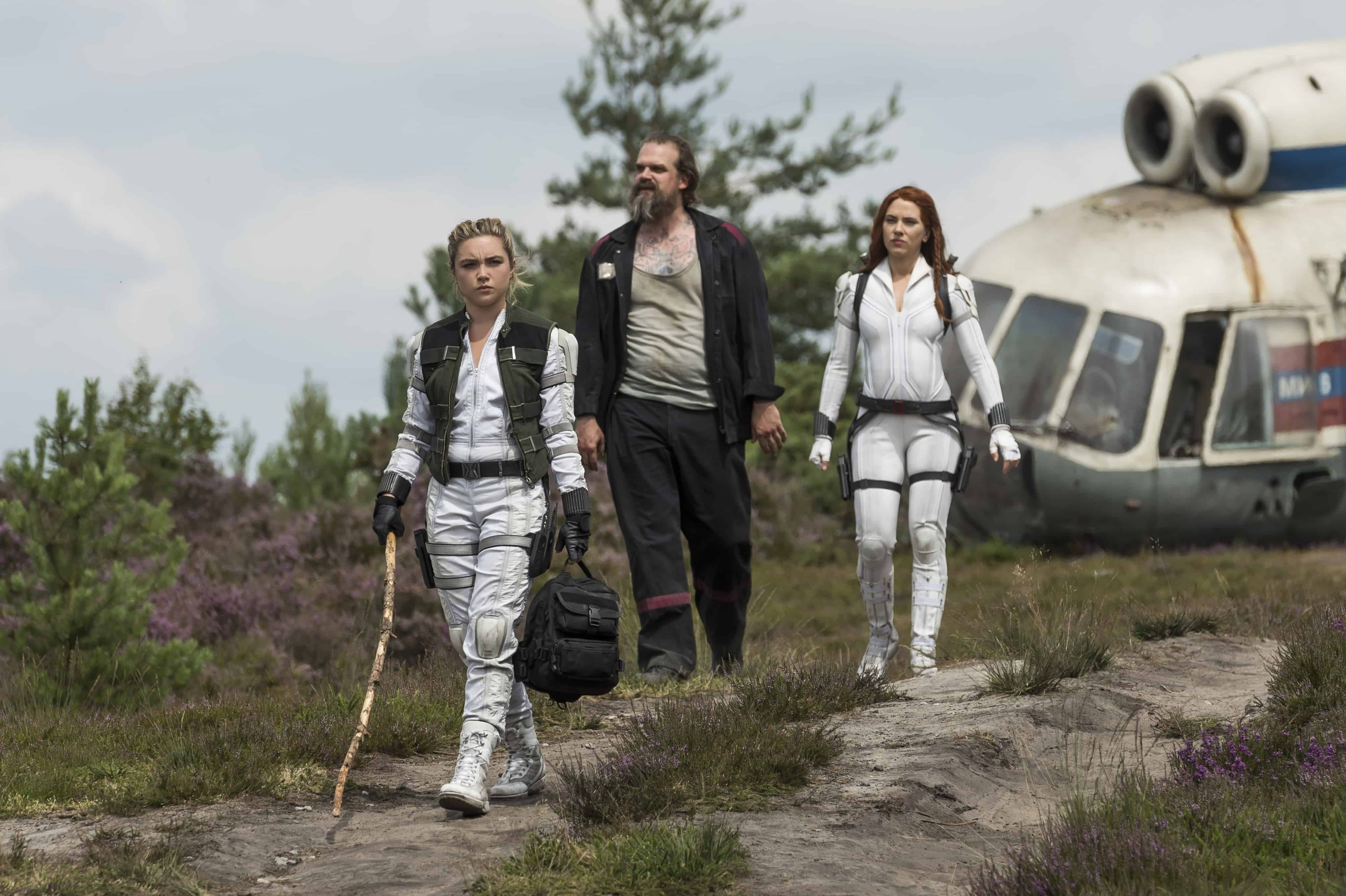
Photo by Jay Maidment. ©Marvel Studios 2021. All Rights Reserved.
But, as mentioned, Black Widow is hobbled by the simple fact that it cannot go all-in on that emotional rawness and dramatic intensity. Pearson’s screenplay soon re-establishes the Marvel quipitude that dominates the franchise overall and, whilst they’re mostly funny quips – at least when they’re not tired ones about periods, anyway – they clash somewhat with the tone Shortland’s direction had previously established. Affecting visual storytelling about the scars and control Dreykov imposes upon his subjects give way to somewhat-clunky over-the-top villain monologues that are nowhere near as effective despite Winstone’s slimiest possible delivery. Vicious fight choreography already mostly shrouded in some degree of darkness, albeit not unseeable, has a lot of its legs cut out from under it by uber-choppy editing which dull a lot of the impacts but maintain the imperative 12a/PG-13 rating.
Much more fundamentally, Black Widow runs face-first into the in-built Marvel design flaw that rarely are characters in this franchise allowed to meaningfully deal with messy ethical or dramatic complications. Everything is always too… easy. There’s no problem which can’t be solved by punching it or throwing a magic McGuffin at it, and our heroes are always morally-upstanding paragons who will almost never be asked to fundamentally grapple with their actions both in and out of universe. Bad things which happen as a direct result of our protagonists are just accidents they’ll mostly be absolved from because they’re the heroes and we understand what they’re going through. Traumas which occur to them will have a couple of solemn monologues and then it’s right back to the quipping, their character and personality largely unchanged by what’s transpired. Instead, mental and physically abusive brainwashing mind-control is a thing which can be cured by a magic potion-thingy with seemingly no lingering after-effects of that trauma or deep-seated mental damage which changes them.
In particular, Natasha’s red ledger gets forgiven far too easily in a way that’s more than a little unsatisfying because the execution is far too tidy, too simple. A punch pulled because to follow-through would involve the kind of self-critique which runs deeper and more uncomfortable than having Yelena take the piss out of Natasha’s constant superhero posing and need to take Ibuprofen following every fight. Keeping things vague for spoilers, it’s a similar situation with how WandaVision resolved itself, wanting to go to that darker more ethically-ambiguous place but refusing to follow through and instead going for the easy absolution because truthfully holding a mirror up to what its characters have done risks being too messy for the kinds of casual popcorn audiences the MCU needs to attract to remain in business. It has to leave bountiful richly-satisfying drama on the table because to fully use them would be the MCU arguing against its own existence.
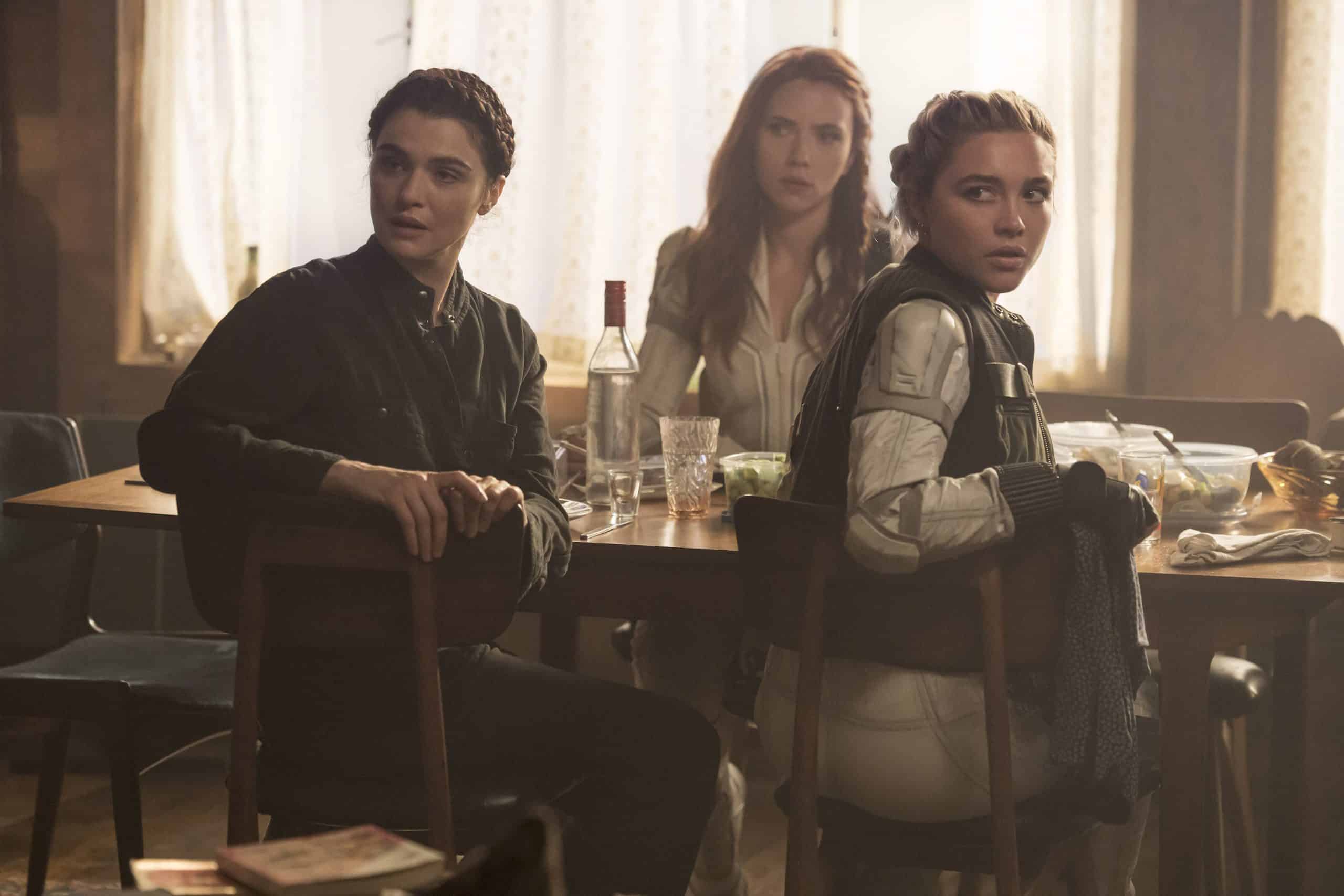
Photo by Jay Maidment. ©Marvel Studios 2021. All Rights Reserved.
To be clear, I’m sympathetic to the rock and a hard place situation that Marvel have found themselves in. They clearly want to push the boat out more and take risks – real risks, not “can we make normies care about this D-list tier of cosmic weirdos nobody has ever heard of before?” since they’ve proven the answer to that question will always be “CHA-CHING…” But that four-quadrant tentpole family blockbuster remit means they can never truly go all the way, there must always be a Marvel Third Act after all, which means sometimes they’ll make a hash of said greyer topics *coughcoughCivilWarcough* and be accused of being cowardly for holding back. Yet, if they were to stay in their lane and make light, frothy, uncomplicated fun times about friendship and the power of family then they’d be accused of playing things too safe and cynically copy-pasting from a formula. So instead they’re currently opting for a combination approach – trying to seriously explore the spectres of abuse and traumatic control through heavy dramatic storytelling and character beats, whilst also making a light-hearted popcorn thrill-ride about how awesome and powerful families and the families you make are – which means the best and worst of both start incongruously rubbing shoulders together in ways that detract from the satisfaction these movies are supposed to provide.
I know that this all sounded really, really negative and that, despite my protestations, I didn’t actually enjoy Black Widow all that much. But I did! It’s very good and very fun! Marvel are really damn good at making solid B+/3.5-star blockbusters. The personal touches Cate Shortland gets to put on the material really invigorate the early goings. Even the slide into the usual too-easy setpiece-overloading template third-act carries a comforting familiarity I appreciate now a lot more than I would’ve if this were to have released on-time a year ago in a world sans the stupid apocalypse!
But the monkey’s paw side-effect to Marvel’s absurdly high levels of baseline consistency is that, in the instances where they don’t manage to put out truly excellent movies (which they do manage from time to time), it’s just more interesting to examine the flaws in each new release rather than find the 24th new way to say “the new Marvel has fun action, likeable characters, charming performances and is overall a good time at the movies.” And Black Widow’s flaws are especially interesting to talk about because they’re born from its creative team fighting in vain against the straitjacket of 12a/PG-13 crowdpleasing popcorn blockbuster storytelling. A straitjacket which actively hobbles the movie from reaching its full potential and, based on how some of the TV shows have been going, a straitjacket which may end up being something both Disney and Marvel have to seriously question sooner rather than later as Phase 4 rolls on.
And roll on it shall since, in a surprising turn-up for the books, there’s a stinger which, get this… sets up the next Marvel series down the pipeline. Have no fears, they’ve got stories for years.
Black Widow is in cinemas now and available to buy on Disney+ Premium. Before going to a cinema, please check both the safety precautions of the cinema and the latest advice/guidelines on COVID protection and prevention from the World Health Organisation.
Words: Callie Petch

